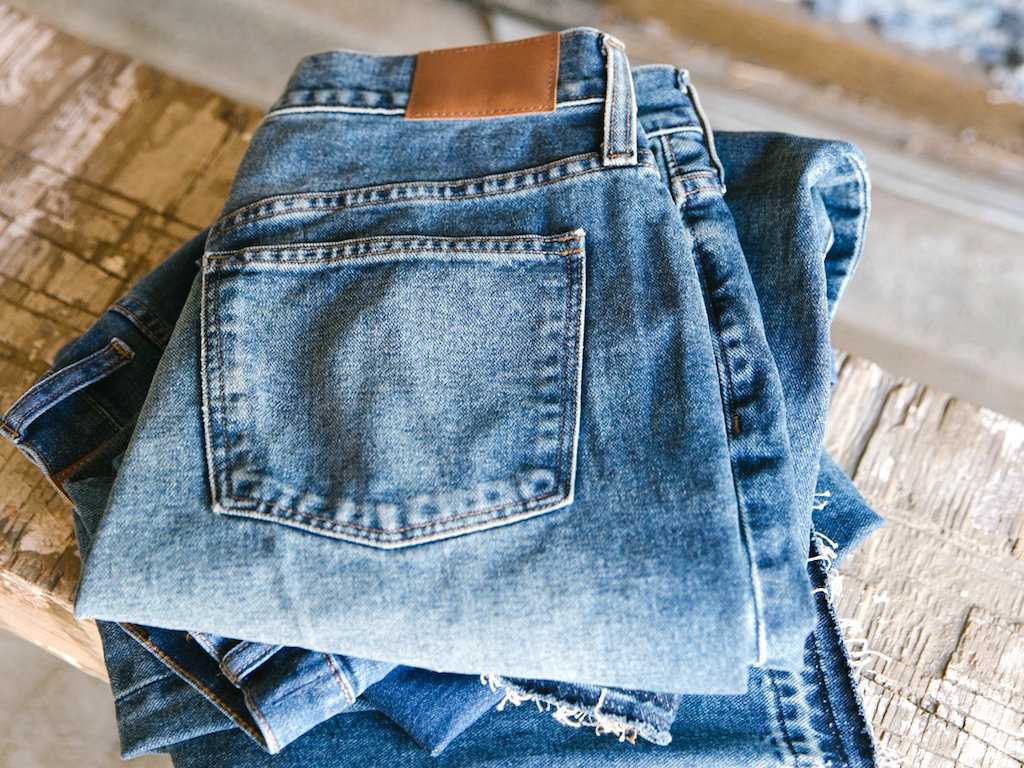GAP Partners With HKRITA TO BUILD UP New Textile Recycling Technology

Image: Collected
The Hong Kong Analysis Institute of Textiles and Outfits (HKRITA) has simply announced a collaboration with global apparel company Gap Inc. to develop eco-friendly technology to allow textile recycling. The research project will give attention to two key areas: separating mixed-blends of spandex and sustainable decolourisation of fabrics for recycling outfits. This comes amid increased global and regional focus on environmentally friendly footprint of the fashion industry, and shows that more business innovations in the future will be looking at shifting from a linear creation system to a more sustainable circular model.
In partnership with Gap Inc., HKRITA will get launching a fresh research project to create solutions for a far more sustainable fashion market using old clothes from the fashion giant. With a two-year timeframe to develop new technologies, the research collaboration is to concentrate on two innovations that will then be accessible for licensing within the style industry.
The project will concentrate on separating spandex from preloved garments, a material that's not currently recycled because of it commonly being blended with cotton. In this type of exploration, researchers will be working with textile maker Artistic Milliners to develop a far more eco-friendly separation method that removes spandex through biosolvents, that may then be reused in the market.
The project will additionally tackle denim decolourisation, which currently uses toxic bleach treatments associated with water and soil contamination. Together with denim manufacturer Arvind Limited, the team hopes to develop a physical solution to decolour denim without the utilization of bleaches so the fabrics can be reused and re-dyed in upcoming Gap garments.
Speaking in the partnership, president and CEO of Gap Inc. Art work Peck stated: “Our partnership with HKRITA is definitely an important step to build up new solutions that effects our planet and are deeply vital that you our customers all over the world.”
This comes as fashion industry leaders are taking more steps to increase the sustainability of their operations. Realising the environmental impact of mainstream fashion, increasingly eco-conscious shoppers are as well looking at manufacturers and suppliers to instigate the sea change towards greener production procedures and offerings. Especially as younger buyers are drawn to purpose-driven businesses, more corporations in Asia are taking steps through upcycling and recycling materials. The R Collective, for instance, uses rescued textile off-cuts from high class mills to create long-enduring garments. Unspun can be another company focused on curbing fashion waste products, using recycled post-buyer polyester and plastic bottles to manufacture personalised jeans.
Source: https://www.greenqueen.com.hk
Tags :
Previous Story
- Yarn worth Tk 1,000 crore heaped up in...
- Dhaka stocks keep plunging as poor financial reports...
- Is it accurate to say that we are...
- Textile industry asks Govt to ban import of...
- Fastest growing Asian economy, Bangladesh explores equitable sustainable...
- Stocks inch up ahead of Mustafa’s meeting with...
- Pakistan garment makers chase rivals in India and...
- Bangladesh gets $2.5m export order from Canada show